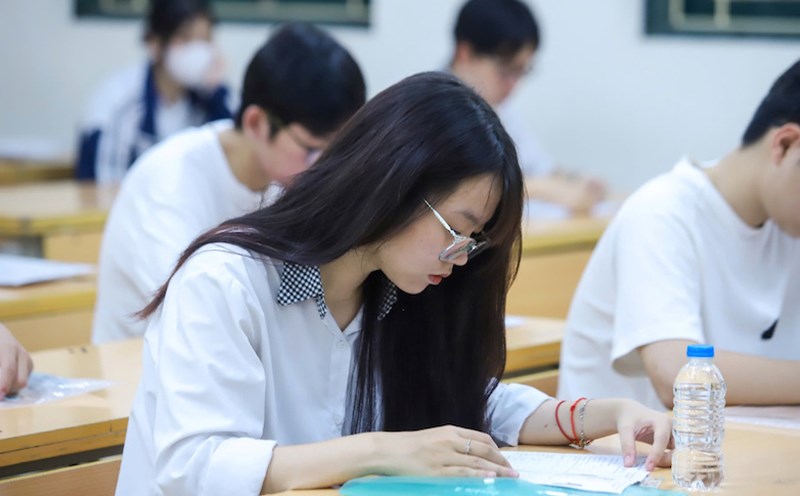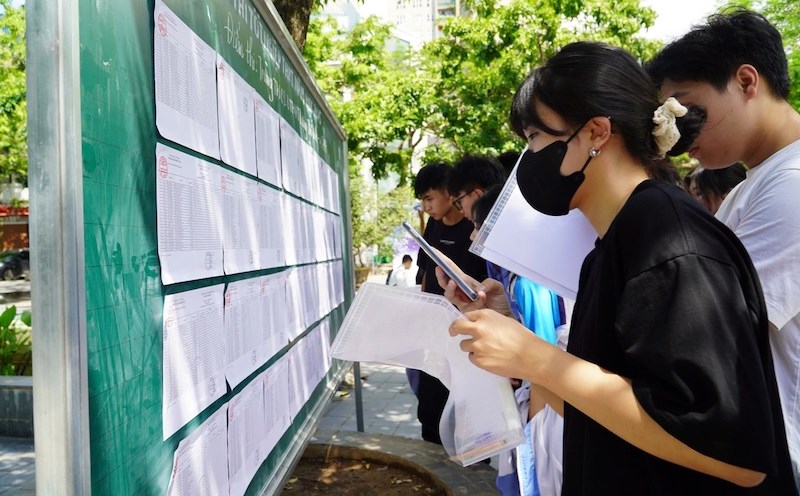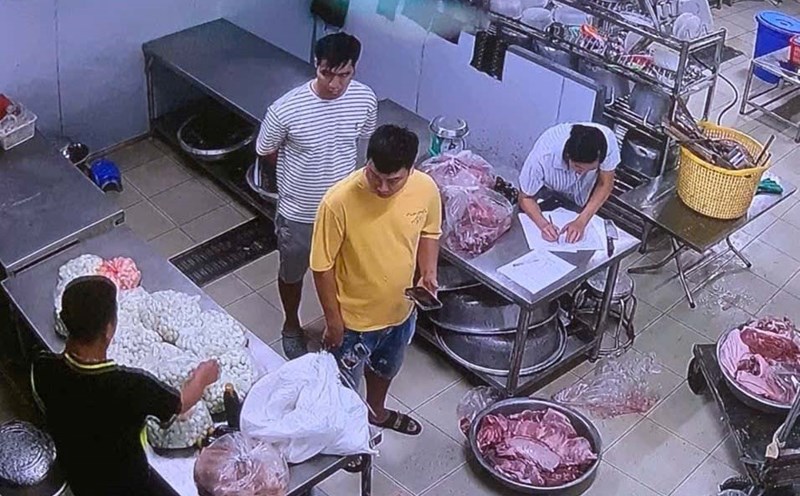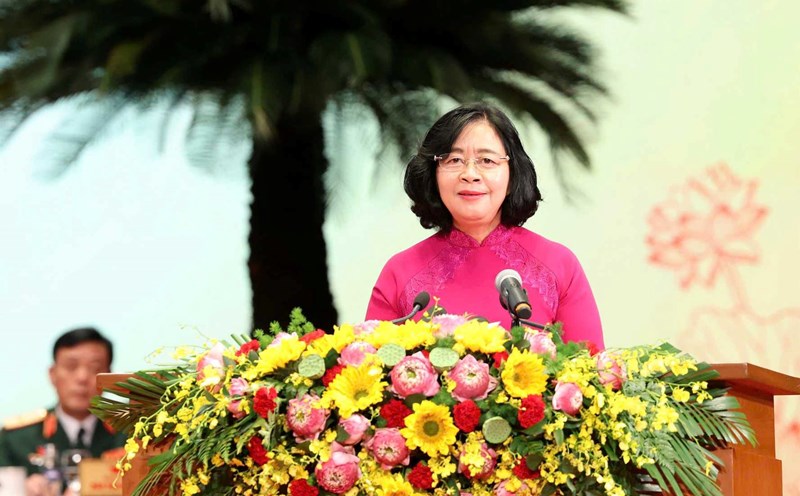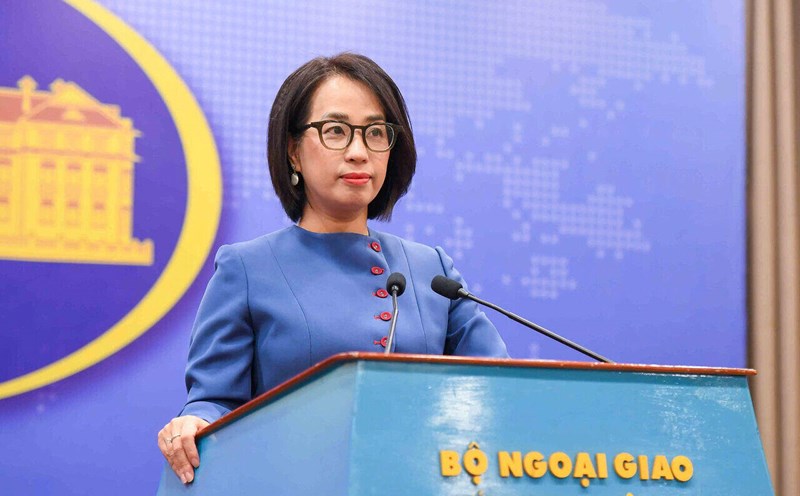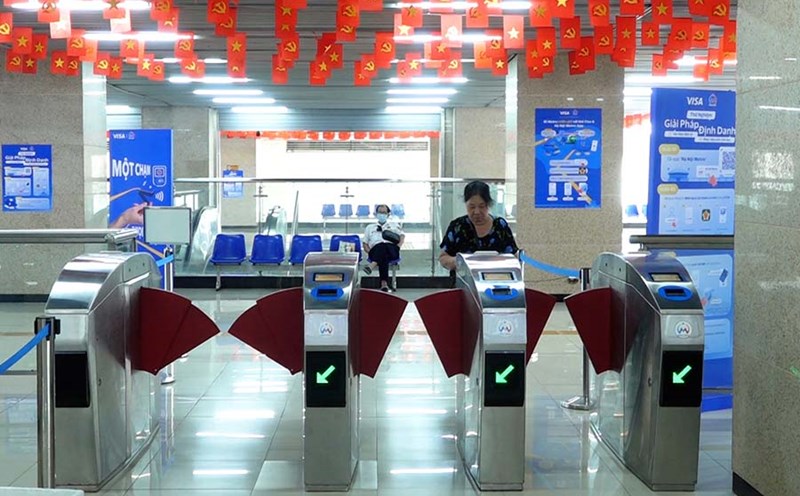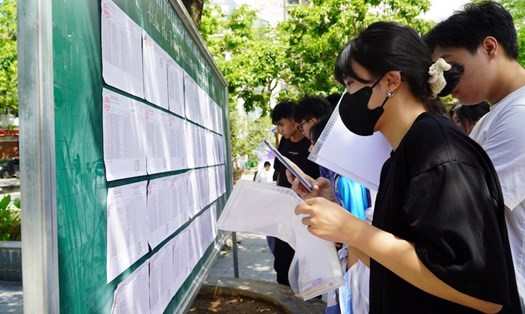The workshop "Tendingends of educational quality assessment for the period 2026-2030 with the help of artificial intelligence" took place on October 16, in Hanoi.
This is an activity within the framework of the 10th anniversary of the establishment of the Education Quality Assessment Center - Association of Vietnamese Universities and Colleges (CEA-AVU&C).
Prof. Dr. Peng Tien Long - former Deputy Minister of Education and Training (MOET) - said that integrating AI into the quality assessment of higher education is an inevitable factor of digital transformation.
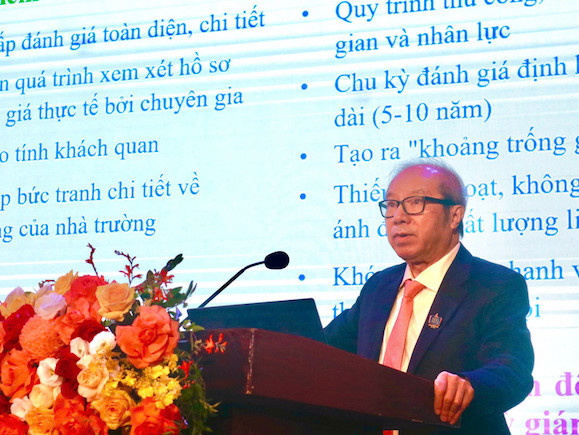
According to him, the application of AI in testing brings many benefits such as: Data automation (processing large volumes of reports, detecting abnormalities); continuous monitoring (real-time monitoring, early warning); transparency (obvious assessment, combined with blockchain against counterfeiting). Thus, the inspection model can be converted from periodic to continuous.
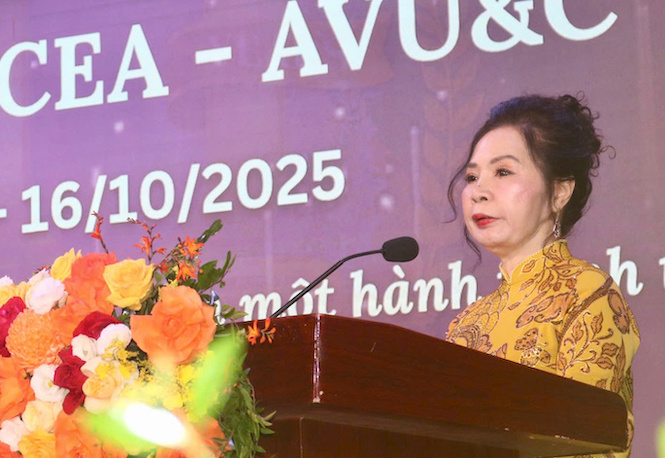
However, that comes with difficulties, security risks, algorithmic biases and high operational skills requirements.
From there, Mr. Long believes that to integrate AI into the quality assessment system, Vietnam needs a comprehensive strategic roadmap, built on the foundational pillars: Legal corridor, ethics; digital infrastructure and national data; high-quality human resources.
Along with that, it is necessary to update current quality assessment standards to reflect the impact of AI, add new criteria for Vietnam and propose to AUN-QA.
"AI integration is not to replace the AUN-QA standard set that has been successfully applied by many Vietnamese universities and recognized internationally, but to enrich and improve the effectiveness of this standard set" - he analyzed and said that it is necessary to study the approaches of countries and advanced educational institutions in the world to learn, avoid mistakes and build models suitable to their context.
According to Prof. Dr. Huynh Van Chuong - Director of the Department of Quality Management (Ministry of Education and Training), new regulations in ensuring and assessing the quality of higher education have eliminated cumbersome requirements, focusing on "conditional criteria" such as output standards, staff, ensuring internal quality, requirements to prove practical impacts, showing that assessment is a real process of improvement.
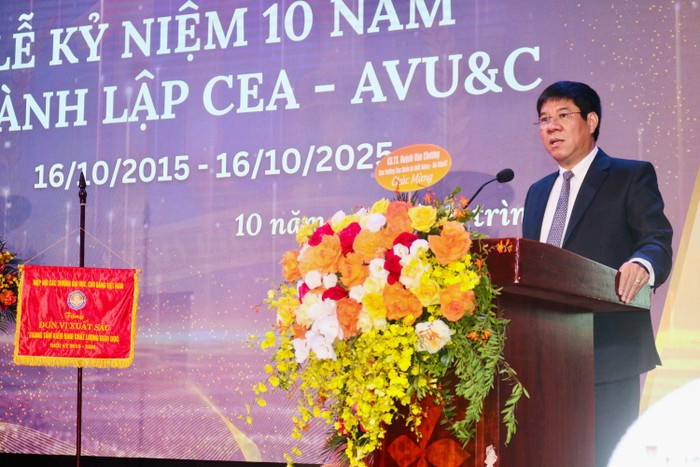
At the same time, refer to AUN-QA standards and foreign accreditation organizations; the database must be unified; improve the autonomy of higher education institutions in ensuring and accrediting educational quality to link with actors, rankings, recognition of diplomas, credits, international cooperation, etc.
In the 2026-2030 period, Mr. Chuong emphasized the restructuring of the organization in a professional direction; each organization needs to have a medium-term and long-term strategy to develop organizational capacity, technology and personnel.
Along with that, establish an internal quality management system, publicize processes, results and recommendations for improvement; gradually approach international standards, participate in the network and sign agreements to exchange assessors. Develop a team of experienced appraiser specializing in training fields, with digital skills, improved consulting capacity and cross-cultural assessment capability, etc.
Ensuring the quality of educational quality assessment
Associate Professor, Dr. Nguyen Phuong Nga - Director of the Center for Education Quality Assessment - Association of Vietnamese Universities and Colleges - shared that up to now, after 10 years of development, the center has awarded quality assessment certificates for educational institutions to 88 universities, academies and pedagogical colleges that have met quality standards and awarded quality assessment certificates for training programs for 281 training programs at university, master's and doctoral levels.
The Center has also trained and granted professional certificates as assessors to 136 students; trained quality assurance and self-assessment to serve the quality assessment of education for over 10,000 managers, specialists and lecturers of educational institutions.
According to Ms. Nga, implementing Resolution 71 of the Politburo, the Center has expanded international cooperation with prestigious educational quality accreditation institutions in the world such as THE-ICE, Australia, FIBAA, Federal Republic of Germany, etc.
The Center will work with higher and college education institutions and vocational training institutions to contribute to the successful implementation of the goal of Resolution No. 71 of the Politburo on breakthroughs in education and training development, which is to strive for 100% of higher education institutions and at least 80% of vocational training institutions to meet national standards - Ms. Nga expressed.


